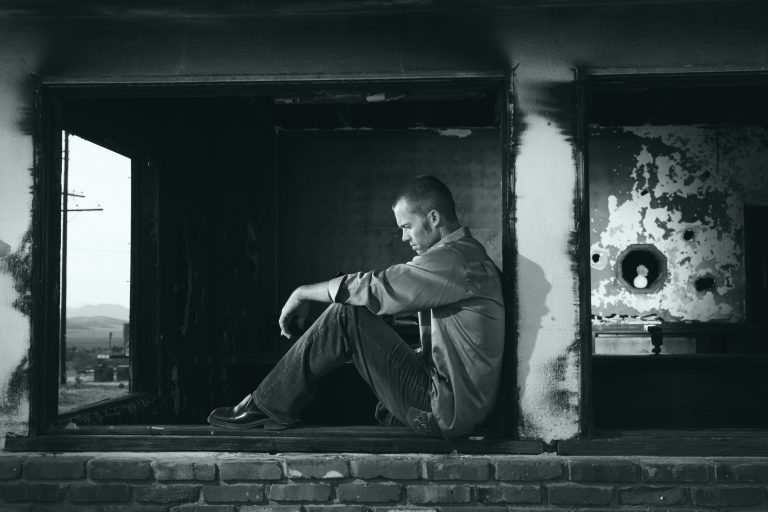The relentless frustration of yet another ineffective pain management option; why is it so hard to find treatments that help? The bubbling, boiling resentment about how unjust our pain is; why us? The fury of feeling invisible to others; why is it so hard for them to listen and understand what we’re going through?
Living with chronic pain often comes with many justifiable reasons to feel angry. However, even though anger is a normal and important emotion, we are frequently judged, criticized, and made to feel that it is unacceptable. As a result, we contort ourselves into increasingly uncomfortable and unhealthy mental and physical positions to avoid conveying when we are upset. We often don’t feel safe to express our anger, and we’re not wrong to feel this way.
The Stigma of Anger
Anger gets a bad rap. There is a lot of societal intolerance toward this emotion, and any expression of anger is often branded as inappropriate or some sort of crack in a person’s composure. Even when there is a legitimate cause for our anger, we risk being condemned as irrational or hysterical if we exhibit our rage. It seems that as soon as we express anger in relation to our chronic pain experience, the people around us become deaf to what is causing our anger, and only address the emotion and our expression of it. We could fill volumes with the critical, invalidating comments we have received when voicing our frustrations, whether about hurt feelings, excruciating pain, or unpleasant medical treatment.
“Stop overreacting.”
“You’re such an angry person”
“You need to relax.”
“Life’s not fair. Pull yourself together.”
The poor reception of our attempts to communicate our feelings can be deeply painful. Burned by the hot stove of others’ judgment and misunderstanding, we learn to suppress our true feelings. Smarting from our last reproach when we tried to be honest and vulnerable, we frequently hide our authentic emotions, keeping them inside to avoid getting into trouble or ruining relationships that might be very important to us.
Tuning in to What Our Anger is Saying
Shutting out our feelings of anger can block us from addressing any emotional pain that we may be feeling. We can’t hear what our anger is trying to tell us if we don’t find safe ways to listen to what it is trying to say. It is not uncommon for anger, resentment, annoyance, and irritability to arise when we feel that principles or ideals that we hold dear are being violated. Beneath our anger usually sits a deeper pain, a crossed boundary, or an unprocessed emotion, like sadness, exhaustion, or disappointment.
Maybe our partner snaps at us for complaining to them about the difficult day we’ve had trying to navigate the world while managing our pain. If we quickly extinguish the spark of fury that is kindled from their insensitive response, we can’t mine it for the emotional gem of truth that might be hiding within. Maybe our partner hurt our feelings by speaking harshly when we needed sensitivity, made us feel invalidated when we needed to feel seen, or broke our trust that the relationship was a safe place to vent about difficult experiences.
Perhaps we’ve just sat through an appointment with a doctor who we could tell wasn’t taking us seriously. The quality of our medical treatment is too important to brush aside the anger that might well up within us when we receive inadequate care. We have the right, and can give ourselves the permission, to hear the message that our anger is delivering to us when we have a negative medical experience. That message might be “I deserve better care than this”, or “nobody has the right to make me feel the way that doctor just made me feel”, but what’s certain is that we won’t know what our anger is trying to tell us if we don’t allow ourselves to feel it.
If we don’t feel that we have permission to get mad, we might not be able to identify our true underlying emotions or communicate to our partner that we need something different from them. We may not be moved to either tell our doctor that we are displeased with their conduct, or find ourselves a different doctor. As social activist Barbara Deming eloquently states, “There is clearly a kind of anger that is healthy. It is the concentration of one’s whole being in the determination: this must change.”
Turning Anger into Change
If we learn to honor and value the anger that comes with our chronic pain, we can accept that anger is not just a normal, important emotion – it is a necessary manifestation of our inner voice, calling upon us to discover the unacceptable aspects of our lives where we can seek change. This might mean communicating needs in a relationship or setting a boundary with a medical professional.
Becoming aware of what it feels like when we begin to get angry might be a clue for us to take an intentional pause for physical and emotional inventory. When we channel our anger into appropriate action, we are drawing strength from an uncomfortable emotional experience and resourcing it as an opportunity to stimulate positive movement in our lives.





